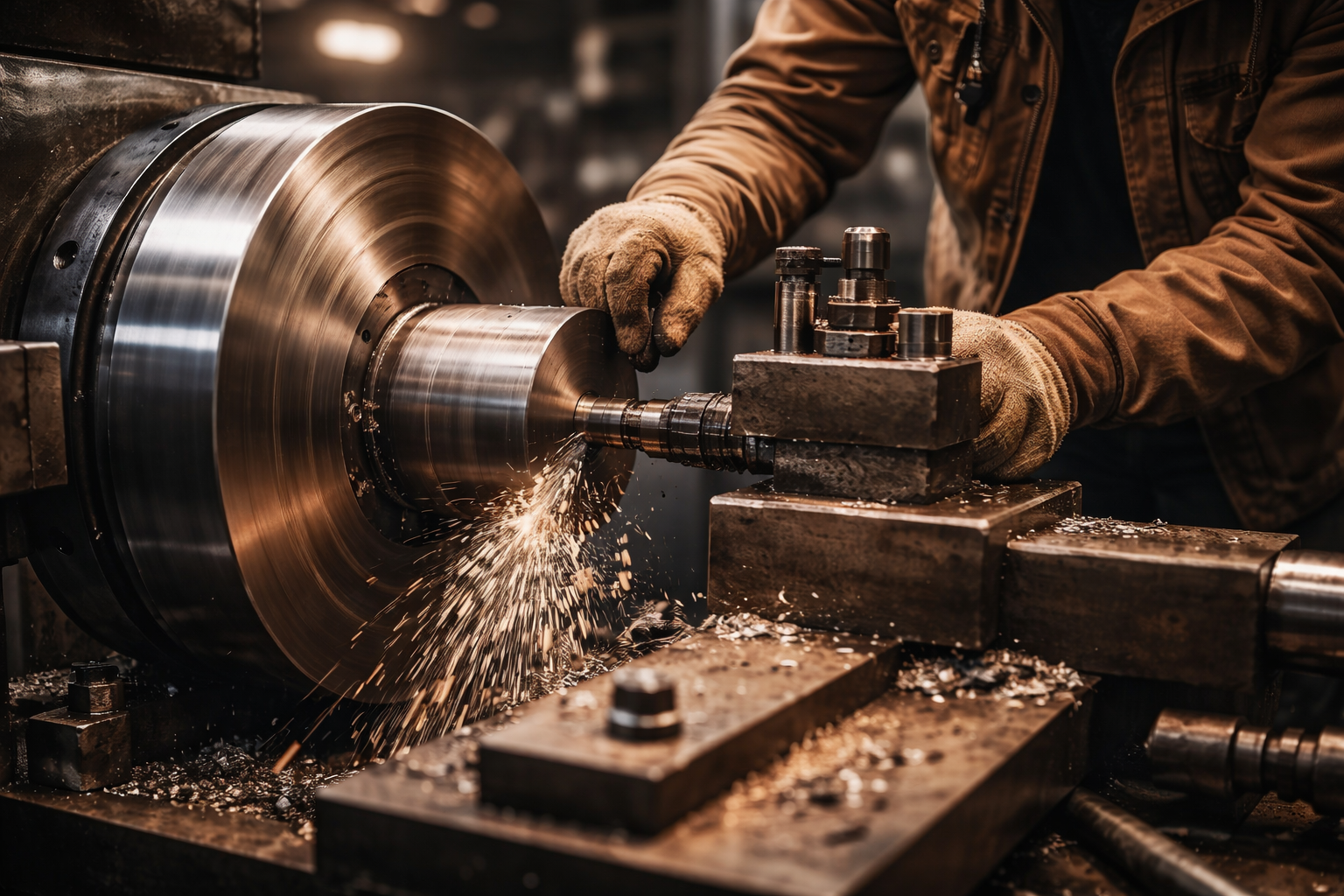Precision Machining.
Built to Exact Specifications.
Our machining services deliver tight tolerances, dependable results, and consistent quality—reach out to get started.
Machining
Machining refers to a diverse range of processes and techniques employed to shape, cut, or fabricate materials into precise and customized components or parts. These services play a critical role in the manufacturing and production industries, enabling the creation of components used in everything from consumer products to industrial machinery. Machining services encompass various methods, tools, and materials.
Our versatility, precision, and capacity for customization make us indispensable in a wide range of industries, contributing to technological advancements and the development of innovative products.
Materials: Machining services can be applied to a wide range of materials, including metals (e.g., steel, aluminum, titanium), plastics, ceramics, and composites. The choice of material depends on the specific application and the desired characteristics of the final product.
Methods: Various machining methods are used to remove material and shape components, including turning, milling, drilling, and grinding. Each method has its own advantages and is selected based on factors like material type, part geometry, and precision requirements.
Prototyping: Machining services are essential in the creation of prototypes and small production runs. Machinists can quickly produce sample parts to test form, fit, and function before committing to mass production.
Customization: One of the primary advantages of machining services is their ability to create highly customized components. Clients can specify the exact dimensions, tolerances, and surface finishes they require for their parts.
Quality Assurance: Quality control and inspection are integral to machining services. Machined parts must meet stringent quality standards, and machinists use various measurement tools to ensure accuracy and consistency.
Tooling: The selection of cutting tools and toolpath strategies is a critical aspect of machining. Proper tooling ensures optimal material removal rates, surface finishes, and tool life.
Industry Applications: Machining services find applications across a broad spectrum of industries, including automotive, aerospace, healthcare, electronics, energy, and more. They are used to manufacture components for engines, aircraft, medical devices, consumer electronics, and countless other products.
Safety & Controlled Machining Practices: Safety is an integral part of our machining operations. All equipment is operated by trained professionals following strict shop safety protocols, proper tooling procedures, and controlled work environments. We maintain fully insured operations and prioritize preventative maintenance, process checks, and disciplined workflows to reduce risk at every stage. This commitment to safety and operational control has resulted in a proven zero-claim insurance record, giving our clients added confidence in the reliability of our machining services.
Environmental Considerations: Modern machining services are increasingly focused on sustainability and environmental responsibility. Strategies for reducing waste, energy consumption, and the use of eco-friendly materials are becoming more prevalent.

